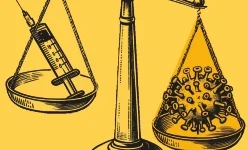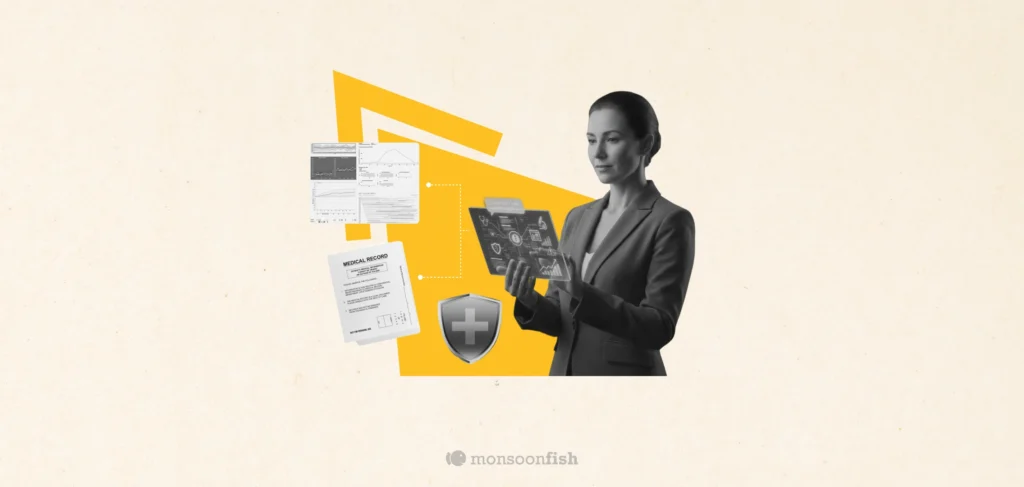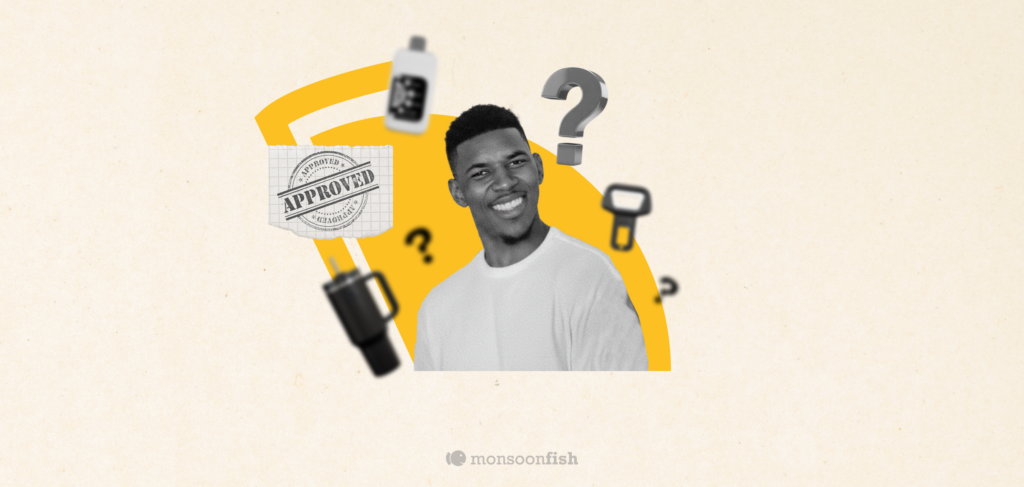Liam had always prided himself on being a careful planner. As the head of a small but talented software development team, he was known for his caution and attention to detail. When it came time to launch a new project—a cutting-edge virtual reality gaming platform—he knew that the product had the potential to be revolutionary. But as the launch date approached, his mind was consumed by worries.
“What if the system crashes?” he thought. “What if the users don’t understand the interface? What if competitors release something similar and we’re left behind?” Even though his team had tested the platform repeatedly and customer feedback was overwhelmingly positive, Liam couldn’t shake the constant sense of impending failure.
He grew increasingly fixated on every possible risk. He delayed the release time and again, spending hours tweaking the design, updating features, and refining minor details that, in reality, were not likely to have any significant impact. His fear of a potential mishap kept him from moving forward, as he fixated on the “what-ifs” that had no evidence to support them.
Meanwhile, his competitors—who were less cautious—began to launch similar products, gaining traction in the market while Liam’s team remained stalled. Each delay added to his anxiety, further reinforcing his belief that the world wasn’t ready for their innovation and that it would fail once it was released.
Pessimism bias can cloud our judgment, making us overestimate the likelihood of negative outcomes and missing out on chances for success.
It is the tendency to believe that things will go wrong, even when there’s no solid evidence to suggest they will.
Liam’s pessimistic outlook, fueled by exaggerated fears and uncertainties, prevented him from seizing the opportunity at hand. In his case, his caution ultimately cost him precious market share.











































